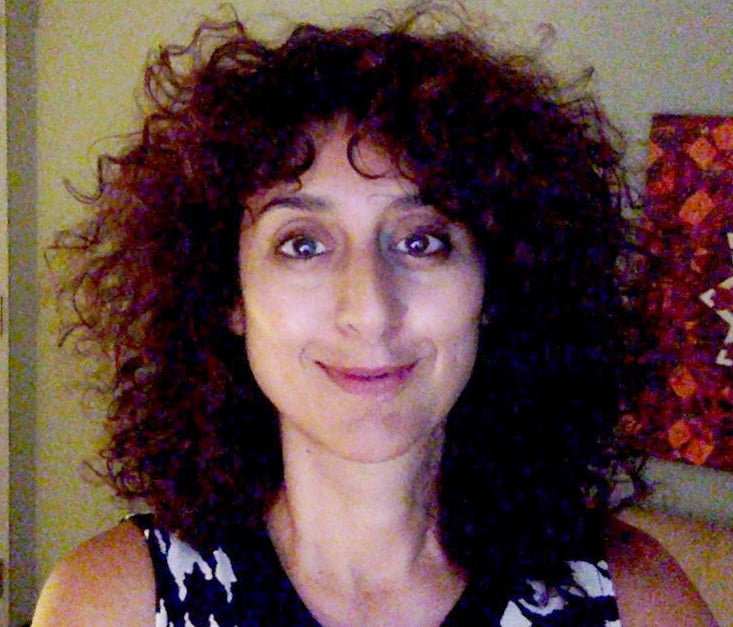Almost all of us will have at some time experienced mild forms of dissociation, feeling somewhat detached from our surroundings. You might regularly zone out during meetings, or recall your mind going blank when asked a simple question in high school. The former is a kind of daydreaming, while the latter is caused by the fight-or-flight response reducing blood flow to the prefrontal cortex. Dissociation also happens when we go into shock, have a panic attack, become emotionally flooded, or as a side effect of certain drugs.
Our ability to dissociate exists on a spectrum and under mild to moderate stress, dissociation can function as a coping strategy to distance us from uncomfortable emotions. We all have different parts of the personality, and when we are functioning well, we tend not to notice them. However, trauma may cause fracturing or splitting of the self into parts, and for people with dissociative disorders, who have often experienced significant trauma, this sort of shutdown of the mind may last for hours, days or even longer. The most extreme dissociative disorder is dissociative identity disorder, or DID, where a part of the fractured self takes over and acts autonomously for a while.
Not everyone is aware that they are dissociating - they might just feel fuzzy-headed, sleepy, or experience sudden confusion or a loss of confidence. They may appear to others to be acting out of character, perhaps uncharacteristically shy or bold. Some people who are dissociating are unable to process spoken or written instructions or follow simple instructions. They might struggle or forget how to drive, have trouble finding words or formulating sentences, or appear not to be able to hear when spoken to.
Whilst it is often difficult to tell if someone around you is dissociating, if you think that they are:
- make sure they are in a safe, quiet space if possible and not engaging in any activity that could be potentially dangerous, like driving a car
- don't ask a lot of questions but be a comforting and reliable presence
- if you feel that it is appropriate and not intrusive, then you can always ask them if it is OK to touch them e.g. hold their hand, pat them on the arm or back, or give them a hug. Some people who are dissociating will respond well to the pressure from a hug, whilst for others it might be triggering, so check with them first.

